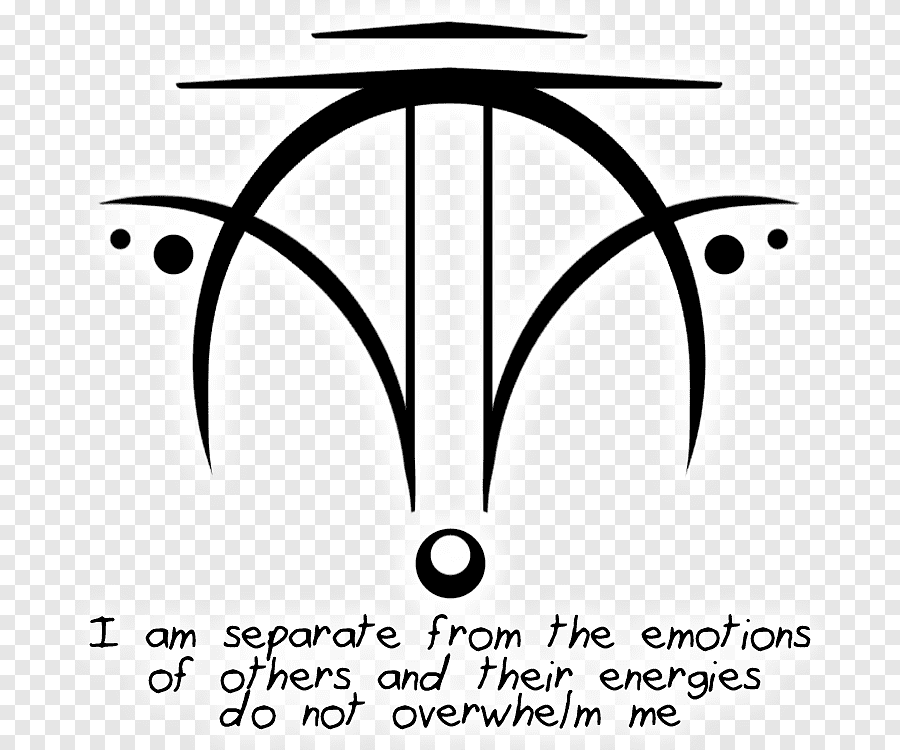Decoding the Dark Empath Quiz

Have you ever found yourself caught in a web of emotional complexity, questioning your own empathy and its potential shadows? Perhaps you've stumbled upon the term "dark empath" and wondered if it applies to you. This exploration into the fascinating world of dark empathy delves into the nuances of this personality type, examining the blend of empathy, narcissism, and manipulation that defines it.
The concept of a dark empath is relatively new in the field of psychology, gaining traction in recent years as researchers delve deeper into the complexities of empathy. It's a captivating idea, suggesting a potential dark side to a trait often viewed as purely positive. Essentially, a dark empath is thought to possess both empathic abilities and narcissistic tendencies, creating a potent mix that can be both compelling and concerning.
Determining whether you're a dark empath isn't as simple as checking a box. There's no single, definitive "dark empath test." Rather, understanding this personality type requires exploring a range of characteristics and behaviors. Many online quizzes and assessments purport to measure dark empathy, but it's crucial to approach these with a discerning eye. These assessments can be a useful starting point for self-reflection, prompting you to consider your own emotional landscape, but they shouldn't be taken as a final diagnosis.
The core issue at the heart of the dark empath discussion lies in the potential for manipulation. While empathy allows individuals to understand and share the feelings of others, when combined with narcissistic tendencies, it can become a tool for exploitation. Dark empaths might leverage their understanding of emotions to influence and control others, using their empathy as a weapon rather than a source of connection.
Understanding the potential pitfalls associated with dark empathy is vital for both personal growth and healthy relationships. Recognizing the signs, such as using empathy to manipulate or control, is the first step towards navigating this complex personality type. It's important to remember that self-awareness and a commitment to ethical behavior are key to mitigating the potential negative consequences of dark empathic traits.
One possible benefit of recognizing dark empathic traits is the potential for increased self-awareness. By understanding the interplay of empathy and narcissism, individuals can begin to address the underlying motivations behind their behavior.
Another benefit might be improved relationship dynamics. Acknowledging the potential for manipulation can pave the way for healthier interactions, fostering genuine connection rather than control.
Finally, exploring the concept of dark empathy can promote emotional intelligence. By delving into the complexities of empathy and its potential shadows, individuals can develop a more nuanced understanding of their own emotional landscape and the emotions of others.
Implementing strategies for personal growth, such as seeking therapy or engaging in self-reflection, can be beneficial for individuals exploring the concept of dark empathy.
Challenges associated with dark empathy can include difficulty forming genuine connections and struggles with ethical decision-making. Solutions might involve focusing on developing authentic empathy and prioritizing ethical considerations in interactions with others.
Advantages and Disadvantages of Exploring Dark Empath Traits
Exploring the concept of dark empathy can be a complex journey, fraught with both potential benefits and drawbacks.
Frequently asked questions about dark empathy include: What is a dark empath? How do I know if I'm a dark empath? Are there any benefits to understanding dark empathy? What are the challenges associated with dark empathy? Can dark empathy be changed? Is dark empathy a disorder? How can I deal with a dark empath? Where can I learn more about dark empathy?
Tips and tricks for navigating the complexities of dark empathy include practicing self-reflection, seeking professional guidance, and prioritizing ethical behavior.
In conclusion, the journey of exploring dark empathy is a deeply personal one, requiring introspection, self-awareness, and a commitment to understanding the complexities of human emotion. While online assessments like the "dark empath test" can be a starting point, they should not be considered definitive. Instead, focus on understanding the nuances of empathy, narcissism, and the potential for manipulation. By engaging in self-reflection, seeking professional guidance when needed, and prioritizing ethical behavior, individuals can navigate the complexities of dark empathy and strive for greater emotional intelligence and healthier relationships. This ongoing exploration of our inner selves is crucial for personal growth and fostering meaningful connections with others. Embrace the journey, and remember that understanding our own emotional landscape is a lifelong endeavor.
Interstate battery warranty your guide to a smooth replacement
The curious curve when do hips transform
Unlocking the magic of light blue a comprehensive guide to color harmony













